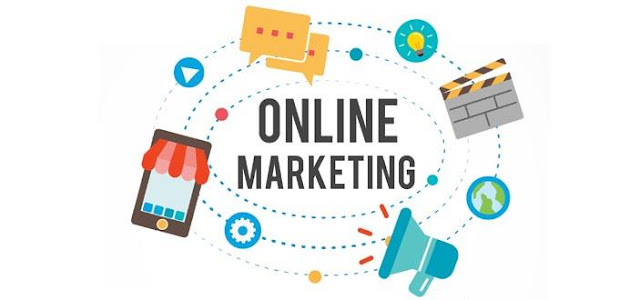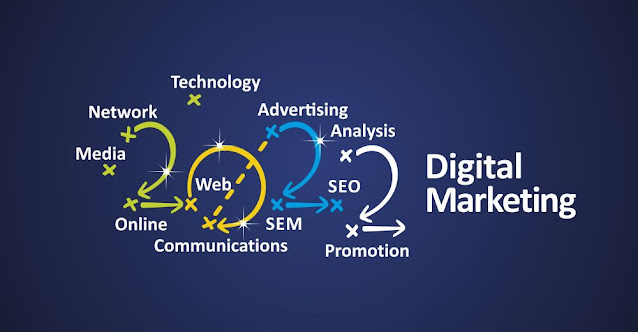While traditional marketing and Internet marketing help your business grow, they are different.
In comparison to traditional marketing, online marketing uses web-based channels. It happens entirely online. A traditional marketing approach takes advantage of channels outside the Internet, like print, radio, and television.
Channels aren’t the only area where traditional and online marketing differ.
Cost is another area of separation.
With online marketing, companies of all sizes can access affordable options for marketing and advertising their business, like social media advertising or search engine optimization (SEO). In comparison, traditional marketing tends to pose a high cost that only name-brands can afford.
The affordability of online marketing can often result in a higher return on investment (ROI) too.
While different, companies can take advantage of traditional marketing and online marketing. Together, a campaign that leverages both approaches can help your business accelerate its growth, sales, and overall exposure in the marketplace.
A robust digital marketing strategy will help boost your business. A few years ago, it was simply enough to be found online. But, today, with the evolution of Google’s core search algorithms, it’s in the best interest of your business to adapt your marketing strategies accordingly.
The best way to market your ecommerce business is to be found organically at the top of Google’s search engine results pages (SERPs). Still, this is easier said than done. Investing in search engine optimization will aid your rankings as you analyze, tweak, and optimize your ecommerce site for specific keywords. But, the truth is, not every business can make it to the first page of Google — or the other search engines for that matter.
So, what does it take to market your business online? Some marketing strategies will offer a better return on investment than others. And others can take years to pan out. Let’s look at how you can navigate the ever-changing landscape and create an online marketing strategy that will propel your business forward.
Internet Marketing vs. Content Marketing
Content marketing and internet marketing are incredibly similar strategies used to attract leads and prospects to your site, and ultimately convert web traffic into customers. However, there are a few slight differences between the two.
Content marketing lives under the roof of online/internet marketing — which means online/internet marketing is the more broad, overarching strategy, and content marketing is one process within that strategy.
Content marketing applies only to the process of creating and distributing content to reach audiences. Online marketing, on the other hand, encompasses sharing that content through email, search engines, and social media — it also includes paid advertising, retargeting, and a wide range of strategies you might use to reach audiences online.
While most of the strategies that fall under online marketing have to do with content creation, online marketing also pertains to the non-content creation tasks of internet marketing: such as PPC bidding, or website design.
Paid ads are one of the most important assets in your digital marketing arsenal. As technology has advanced, advertisements are no longer bound to just billboards, television, radio, and print formats.
Considering the extent of competition in today’s digital marketplace, paid advertising is crucial to the survival of your brand. It’s the key to increasing sales and enhancing your brand’s overall presence and recognition on social media sites.
A paid advertisement is essentially a digital advertising model where advertisers pay to show their ads within slots on a specific platform or social network. Examples of paid ads include Pay-Per-Click (PPC) advertising, online partnerships, and website takeovers, to name a few. These ads are presented to an audience that you define in an ad platform, and you pay when someone clicks your ad.
Digital and social media advertising are generally more affordable for small businesses.[1] Plus, since they primarily target an audience in search of products or services similar to the ones you offer, they tend to have a high return on investment and are incredibly effective at building brand awareness.
Here’s why paid advertising should be an integral part of your ecommerce marketing strategy











No hay comentarios.:
Publicar un comentario